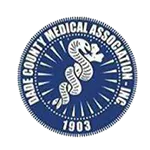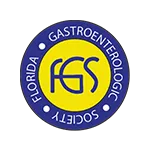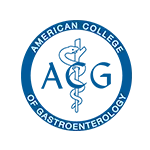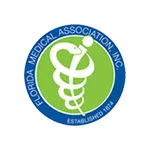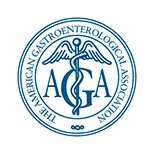
Occasional feelings of heartburn are normal, but if you suffer from heartburn frequently, your heartburn could actually be a sign of gastroesophageal reflux disease, commonly known as GERD. Your gastroenterologist can help you get relief.
Gastroesophageal reflux disease often starts out as gastric reflux. Gastric reflux is caused by the sphincter muscle between your stomach and esophagus not closing properly. The incomplete closure of the muscle allows stomach acid to back up into your esophagus, causing the burning sensation known as heartburn.
Acid reflux can grow worse over time, developing into a chronic condition known as gastroesophageal reflux disease or GERD. According to the American College of Gastroenterology, GERD affects over 60 million people in this country. Signs and symptoms of GERD include:
- Chronic throat pain
- A sour taste and bad breath
- Chronic coughing and wheezing
- Eroding tooth enamel which causes sensitive teeth
- Chronic chest pain, nausea, and vomiting
You can do a lot to help manage GERD if you:
- Eat smaller meals
- Stop smoking and using tobacco products
- Don’t eat before going to bed or lying down
- Avoid eating spicy or acidic foods
- Take over-the-counter antacids
If you are suffering moderate to severe signs and symptoms of GERD, it’s best to visit your gastroenterologist for treatment. GERD is typically diagnosed with an endoscopy. The endoscopy can help identify irritated, inflamed, or ulcerated tissue due to GERD. Your gastroenterologist can prescribe medication to reduce stomach acid, soothe esophageal irritation, and heal ulcerated tissue.
Untreated GERD can lead to serious medical conditions, including:
- Esophageal inflammation, which results in swelling of your esophagus and difficulty swallowing
- Esophageal ulcers, which results in nausea, chest pain, and problems swallowing
- Esophageal narrowing and scarring, which results in problems swallowing
- Esophageal cancer
You don’t have to suffer the uncomfortable symptoms of GERD when relief is just a phone call away. To find out more about the causes, symptoms, and treatment of GERD, call your gastroenterologist today.






